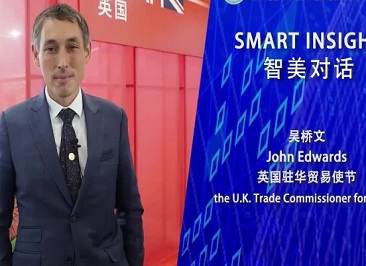Children urged to greet, visit parents
Tan Yingzi
Updated:2017-02-08
China Daily
Adults in Chongqing who do not live with their elderly parents should regularly visit or greet them via phone, internet or letters, according to new draft legislation released on Monday. The draft is seeking public opinion until March 6.
As more Chinese seniors aged 60 and older live by themselves, they are facing a vacuum of emotions and say they often feel lonely. Those empty-nesters have become a social problem for Chinese society.
The draft states that legal dependents and other family members should pay attention to the spiritual needs of the elderly, respect their religious beliefs and lifestyles, and should not neglect or isolate them.
The problem of aging is obvious in this southwestern city. There were 6.77 million seniors aged 60 and older in Chongqing at the end of 2015, representing about 20 percent of the municipality's population. For the whole country, the number was 222 million, or more than 16 percent of the population.
Chongqing's new draft measure follows a national law passed in 1996 by the country's top legislative body on the "protection of the rights and interests of the elderly". According to the latest amendment in 2015, family members are required to care for the elderly and visit them regularly.
Ma Rongli, 29, a tour guide in Florida, visits her parents in Chongqing once or twice a year. She calls them every other day and keeps them updated via WeChat.
"I think the draft measure is a good one, and it is necessary to require people to think more about their parents," she said. "In Chinese society, piety is the foundation of all virtues."
But Liu Ting, 30, who works in Tianjin, said the government should not force people to take care of their parents by law.
"Parents should first look after and educate their children with their heart and soul, then their children will naturally return the gesture in the future," she said.
Zhao Wenkai, a lawyer at Chongqing Grandall Law Firm, said the draft measure blurs the boundary between law and morals.
"The wording of the measure is also very ambiguous," he said. "If it is put into practice, it is very hard for the court to define a violation and hand down a punishment."
Video

John Edwards, the UK trade commissioner for China, praised Chongqing over its rise as a burgeoning center in intelligent manufacturing.





